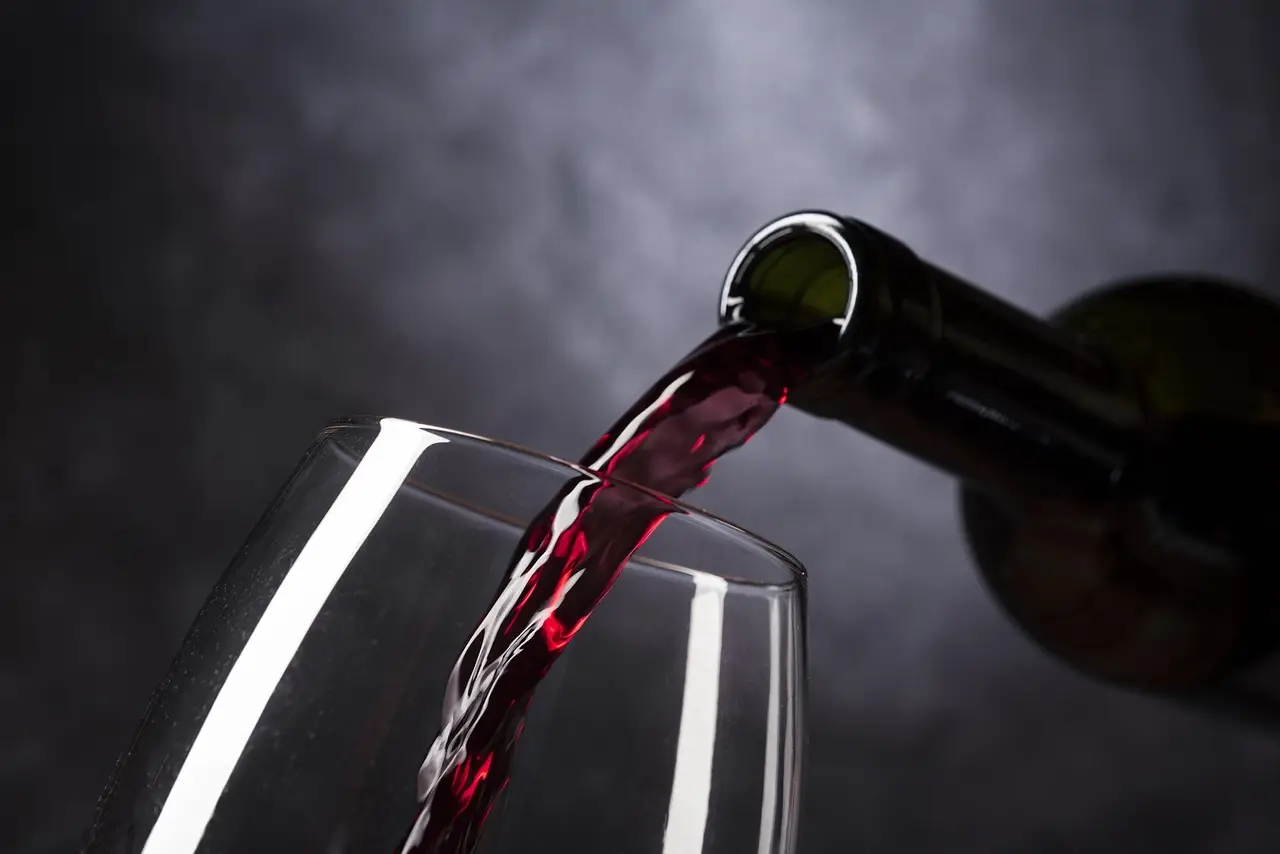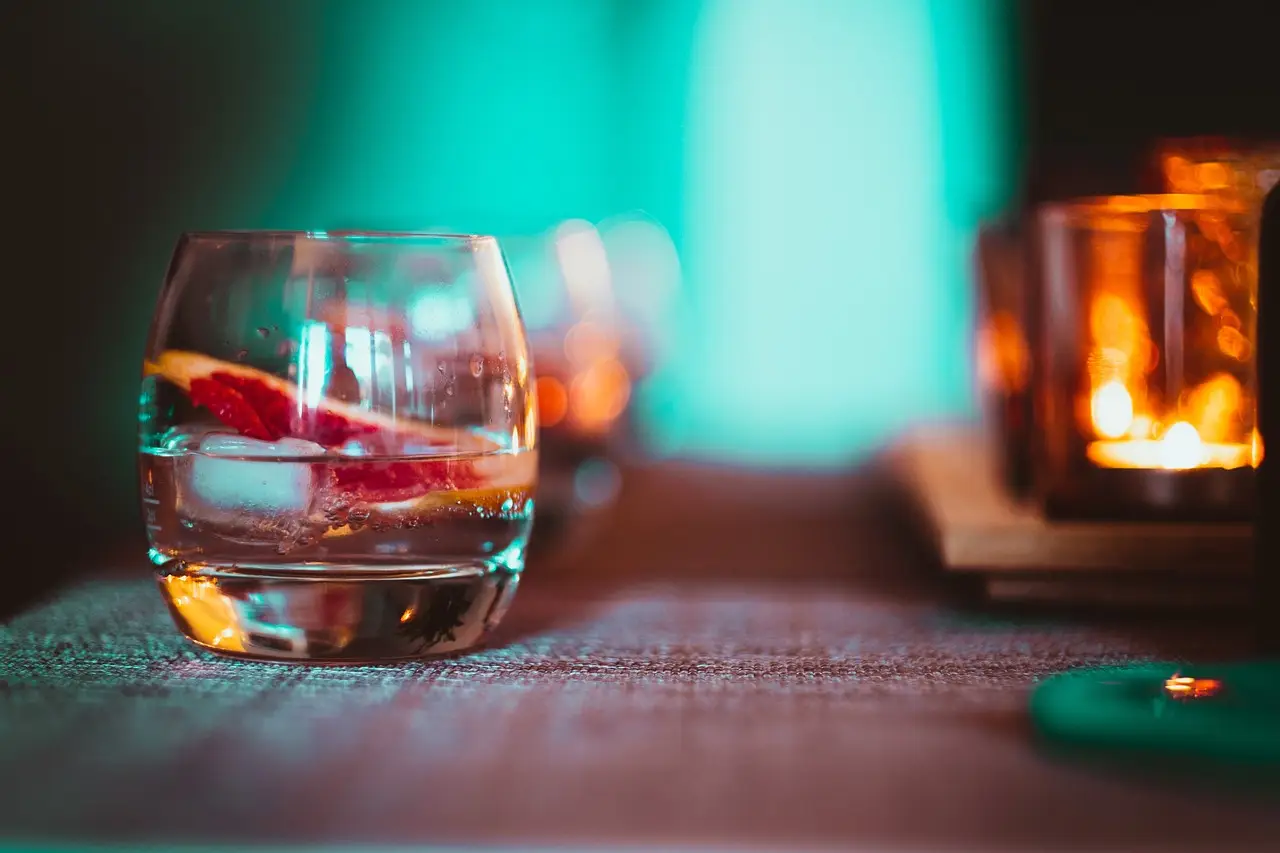
An expert has shared the six signs you have a problem with alcohol, and some of them might feel scarily relatable.
Many of us like to wind down with a glass of wine or have a weekend blowout with the girls from time to time, but how do we know we’re not taking it too far?
After all, the odd G&T after work is hardly dangerous territory... right?
The NHS classes alcohol misuse as ‘when you drink in a way that's harmful, or when you're dependent on alcohol'.
Advert
"To keep health risks from alcohol to a low level, both men and women are advised not to regularly drink more than 14 units a week," it advises.
For context, a small glass (125ml) of ABV 12% wine contains 1.5 units, while a single shot (25ml) of ABV 40% spirit contains 1 unit.

“You can work out how many units there are in any drink by multiplying the total volume of a drink (in ml) by its ABV (measured as a percentage) and dividing the result by 1,000,” the NHS explains.
Of course, all of those little drinks throughout the week soon add up, and before you know it you’ve hit that recommended limit.
But it’s not just tallying up your drinks that you can do if you want to get a better idea of your relationship with booze.
Dr Dave Nichols, an NHS GP and medical adviser at website MyHealthChecked has revealed the six key signs to look out for.

Signs to look out for:
1) Drink alcohol every day without thinking about it
2) Binge-drink regularly
3) Only socialise where drink is involved
4) Drink regularly during the day
5) Find it annoying when others are not drinking
6) Drink more than the NHS guidelines every month.
Nicols told The Sun that alcoholism is when a person has an uncontrollable desire to drink.
"Their body is dependent on alcohol," he said.
"Alcoholics will usually develop physical and psychological symptoms if they stop drinking.
"Borderline alcoholics might experience symptoms such as abdominal pain, stress, anxiety, bad skin, trouble sleeping, irritability and higher blood pressure.
"They are early indicators that you need to significantly reduce your alcohol consumption.”
He added: "The most common long-term physical impacts of borderline alcoholism are abnormal liver function, cardiovascular disease, diabetes and mental health problems, but these are often hidden diseases and patients are unaware of them until they progress."
You can find an alcohol or drug service in your local area or use the following information to get support:
- With You provides a range of support for alcohol, drugs and mental health via a local service or online. These are free and confidential services and include the following:
- Drinkline provides advice for anyone who is worried about their own or someone else’s drinking – phone 0800 731 4314, available Monday to Friday, 9am to 9pm and Saturday to Sunday, 10am to 4pm
- Alcohol Helpline can provide advice and support if you’re over 50 and are worried about your own or someone else’s drinking – book an appointment online or phone 0808 801 0750, Monday to Friday, 12pm to 8pm and Saturday to Sunday, 10am to 4pm
- Know The Score provides support if you’ve taken drugs, are thinking of taking them, or are just curious and want to know more – use their webchat or phone 0800 587 5879, Monday to Friday, 9am to 9pm and Saturday and Sunday, 10am to 4pm
Topics: Health, Food and Drink, Life